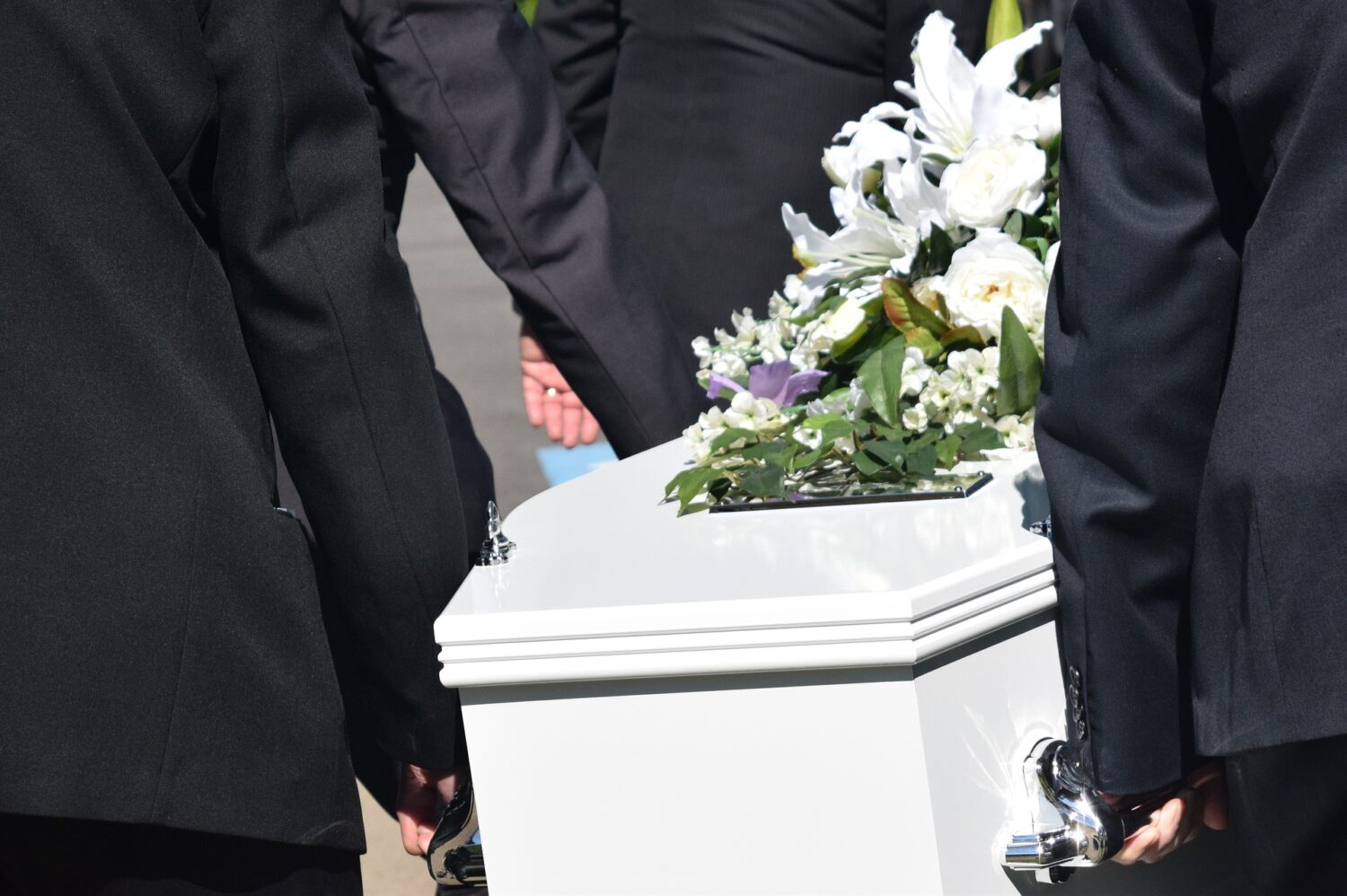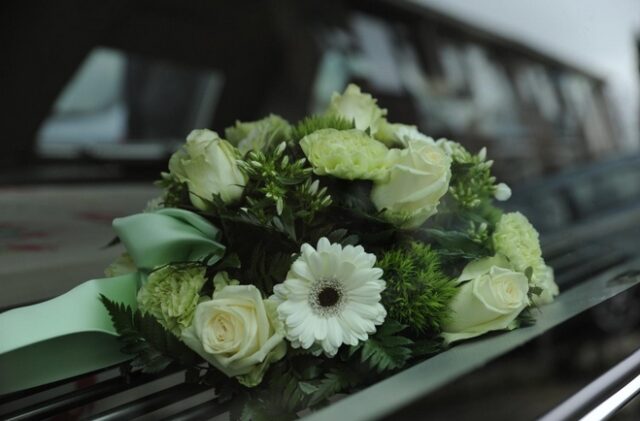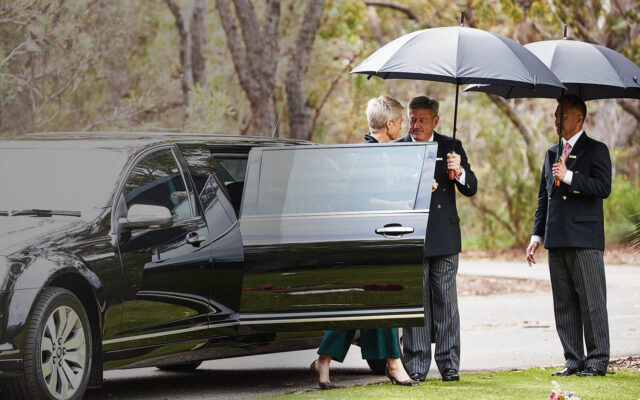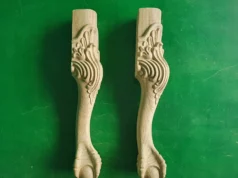
When someone we love dies, it could either be expected or unexpected. Either way, there’s something most, if not all, of us should do – talk to a funeral director straight away. With their help, dealing with the practicalities and logistics of a funeral is made easier, leaving you with less of a burden. It’s hard enough dealing with a person’s loss; if you could find a way to make it easier on yourself and your loved ones, so much the better. And even if you could opt to arrange and plan the funeral yourself, it still feels good to have backup support when necessary.
Funeral directors are available 24/7, meaning you could call on them at all hours of the day (and night) – and they could give you invaluable advice on the costs, the venue, and so much more. But if you’d like to know more about what they can do for you and your family during this time of grief, here’s your best guide to funeral directors: what they are, what they do, and what you can expect.

Their general role
A funeral director will serve as your go-to person for everything involved with the funeral. It starts with them and their team collecting your loved one from your premises or the hospital or place where they passed and transporting them to the funeral parlour. Then they will take care of them right up to the funeral, including embalming them and washing them, etc. Your funeral director can help you with all aspects of the funeral, including deciding on the funeral service and organising the burial and the wake.
What they can do
• Move and care for your loved one
As mentioned, your funeral director can take charge when it comes to the moving and transport of the deceased. You can call on them day and night, and they will have a complete understanding of how to care for the person who has died.

• Contacts in the industry
A funeral director will also have a host of contacts in the industry, which makes it more convenient to plan your loved one’s funeral. Imagine trying to find a celebrant, especially if your loved one had specific requirements. What if you have other preferences or wants which are more particular, such as a customised coffin, the release of a dove, or even a funeral with a special theme? Your funeral director will know precisely whom to ask to help you achieve these and other requirements.
• Years of experience
Needless to say, your chosen funeral director will have years of experience – the mere act of becoming a funeral director isn’t easy, and it entails a lot of skill and industry knowledge. They will know what forms to fill in and which paperwork to accomplish, and they will know precisely what has to be done and when.

• Organising a minister or celebrant
Not only will your funeral director be able to point you in the right direction when it comes to the appropriate celebrant or minister according to the needs or preferences of your loved one – they should be able to sign you up for groups or community clubs or counsellors who can be of the greatest help during these times.
• Informing people
Aside from finding the proper celebrant or minister, your funeral director should also be able to notify groups of people about the death, be it through organising obituaries and death notices to be placed on local or regional newspapers, or as is the case in these times when there is social media, online newsletters or obituaries.

• Arranging and booking the wake
Another thing the funeral director can do is arrange and book the wake, which means booking a venue for the event. This also includes booking a venue for the reception, which means arranging the catering and informing the mourners about the events of the day.
But what people don’t know is that the funeral director can do more than this – they can also contact and confer with third-party providers, including crematoria, cemeteries, florists, masons, and more, as is confirmed by experienced funeral directors from www.carrollandcarrollfunerals.co.uk.
• Helping with paperwork
As there will often be a lot of paperwork involved with a funeral, it can be pretty overwhelming – but a funeral director can provide you with the right information. They cannot fill in the forms themselves, but they can help with the required details, especially when it comes to the certificate for cremation or burial or death certificate.

• Fixing the transportation
The transportation of the deceased doesn’t just involve doing it at the right time – it also involves finding and fixing transport according to what you wish, be it a classic hearse or a horse and carriage or even something less conventional, such as a motorcycle.
• 24/7 availability
Your funeral director will be on-call day or night. No matter what time of day it is or what time of year it is, they will always be there for you and be a source of strength when your loved one passes away.

• Support in the long term
A funeral director’s role doesn’t end once the last mourner leaves the gravesite or crematorium. However, if you need help coming to terms with your grief or are not sure how to pick up the pieces after such an immeasurable loss, your funeral director can introduce you to local support groups who can pave the way for a new beginning whilst still staying true to the memory of your loved one.
A good funeral director can be just the support you need at this time, and they are there to ensure that the transition is smoother and not as harsh. When you have a funeral director, they will make sure that everything goes according to plan and that your loved one has the best send-off there is. The funeral is often the first step to acknowledging loss – and with a funeral director’s help, it becomes your first step to healing.














